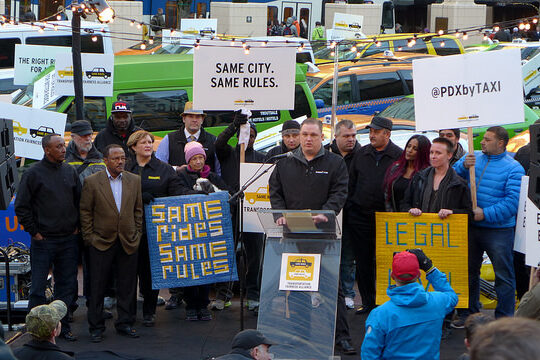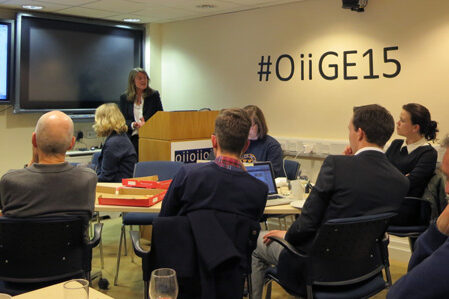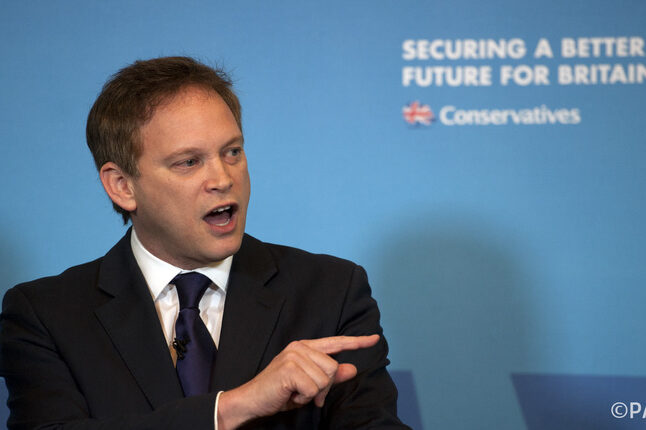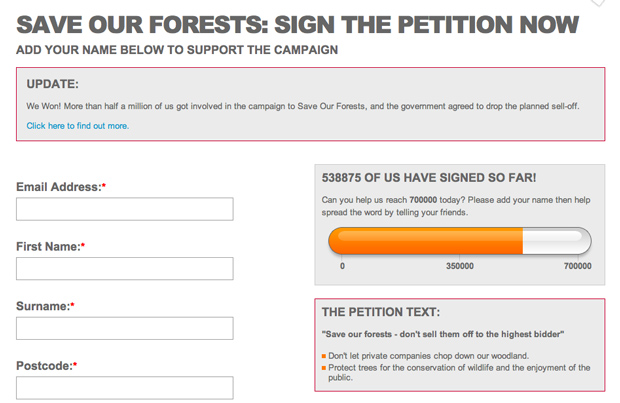There is much discussion about a perceived “legitimacy crisis” in democracy. In his article The Rise of the Mediating Citizen: Time, Space, and Citizenship in the Crowdsourcing of Finnish Legislation, Taneli Heikka (University of Jyväskylä) discusses the digitally crowdsourced law for same-sex marriage that was passed in Finland in 2014, analysing how the campaign used new digital tools and created practices that affect democratic citizenship and power making. Ed: There is much discussion about a perceived “legitimacy crisis” in democracy. For example, less than half of the Finnish electorate under 40 choose to vote. In your article you argue that Finland’s 2012 Citizens’ Initiative Act aimed to address this problem by allowing for the crowdsourcing of ideas for new legislation. How common is this idea? (And indeed, how successful?) Taneli: The idea that digital participation could counter the “legitimacy crisis” is a fairly common one. Digital utopians have nurtured that idea from the early years of the internet, and have often been disappointed. A couple of things stand out in the Finnish experiment that make it worth a closer look. First, the digital crowdsourcing system with strong digital identification is a reliable and potentially viral campaigning tool. Most civic initiative systems I have encountered rely on manual or otherwise cumbersome, and less reliable, signature collection methods. Second, in the Finnish model, initiatives that break the threshold of 50,000 names must be treated in the Parliament equally to an initiative from a group of MPs. This gives the initiative constitutional and political weight. Ed: The Act led to the passage of Finland’s first equal marriage law in 2014. In this case, online platforms were created for collecting signatures as well as drafting legislation. An NGO created a well-used platform, but it subsequently had to shut it down because it couldn’t afford the electronic signature system. Crowds are great, but not a silver bullet if something as prosaic as authentication is impossible. Where should the…
Discussing the digitally crowdsourced law for same-sex marriage that was passed in Finland and analysing how the campaign created practices that affect democratic citizenship.










